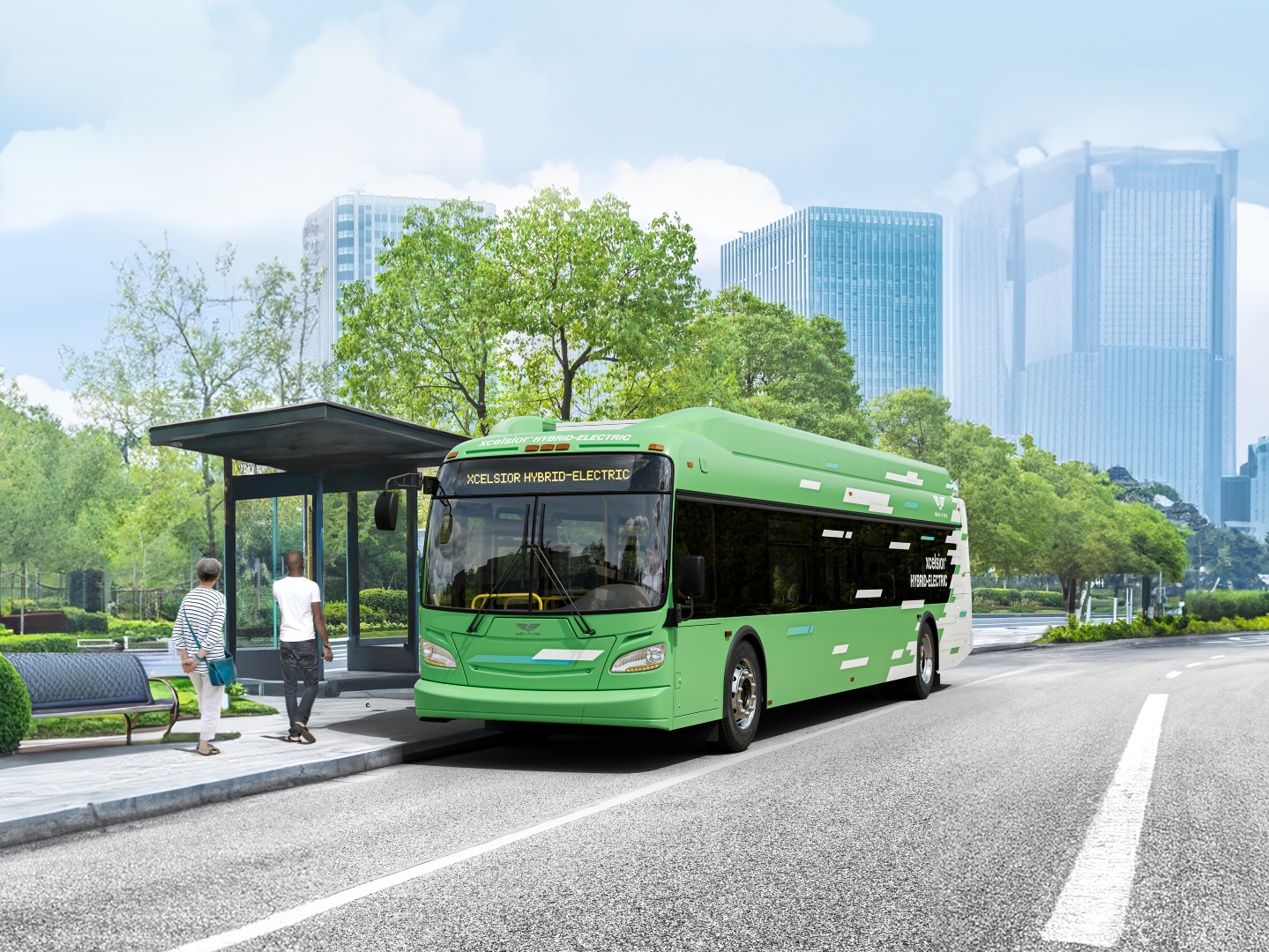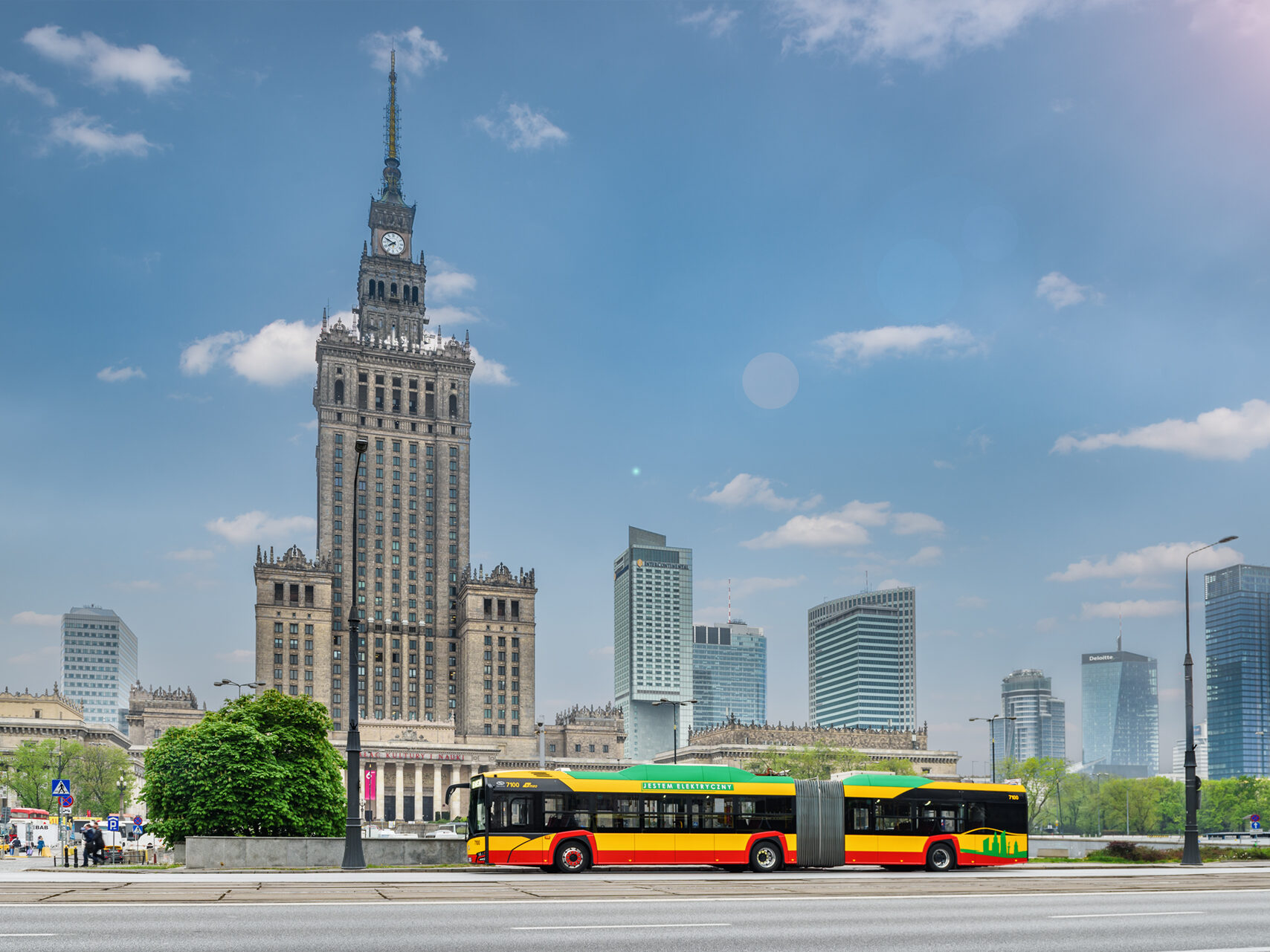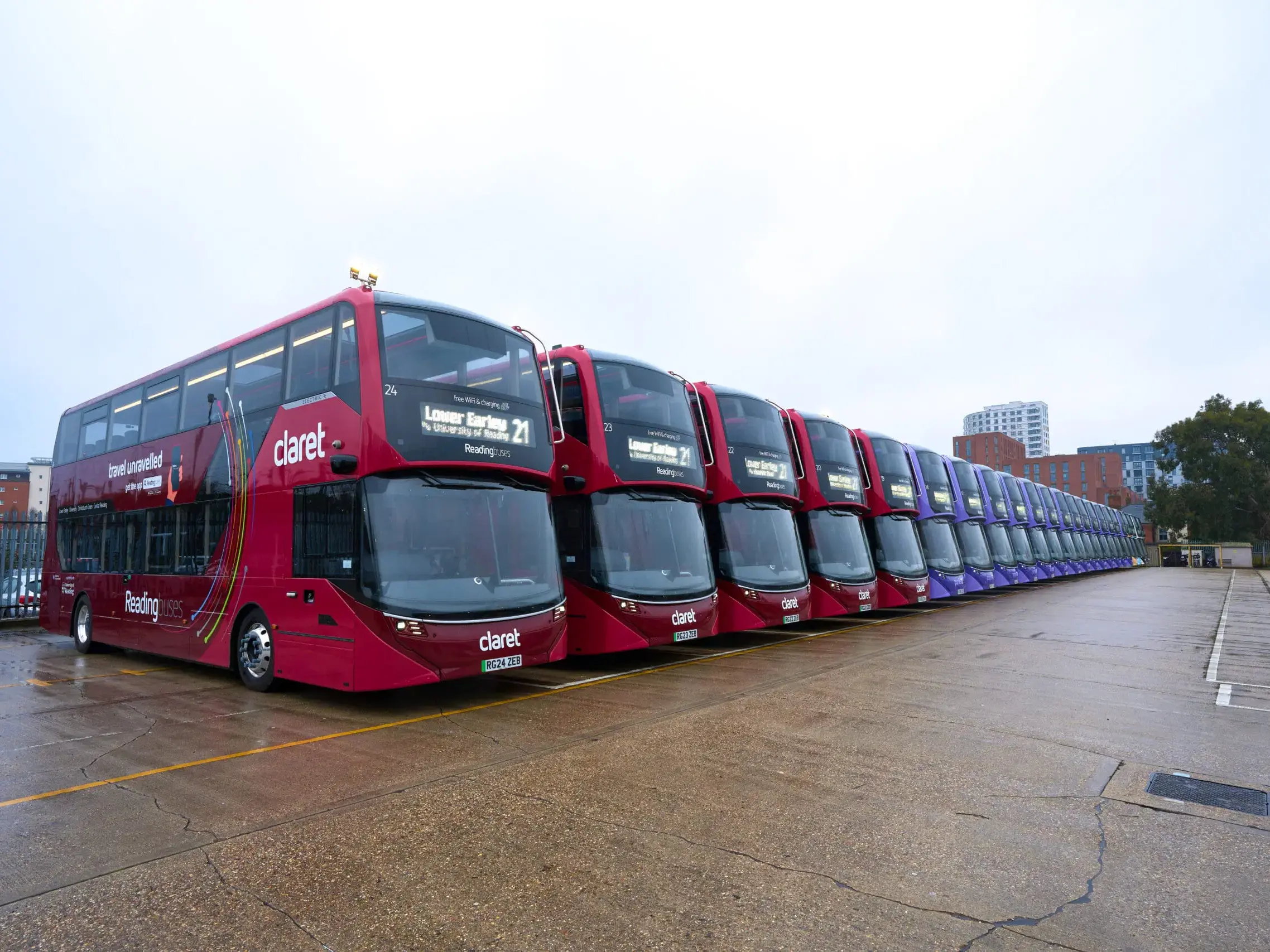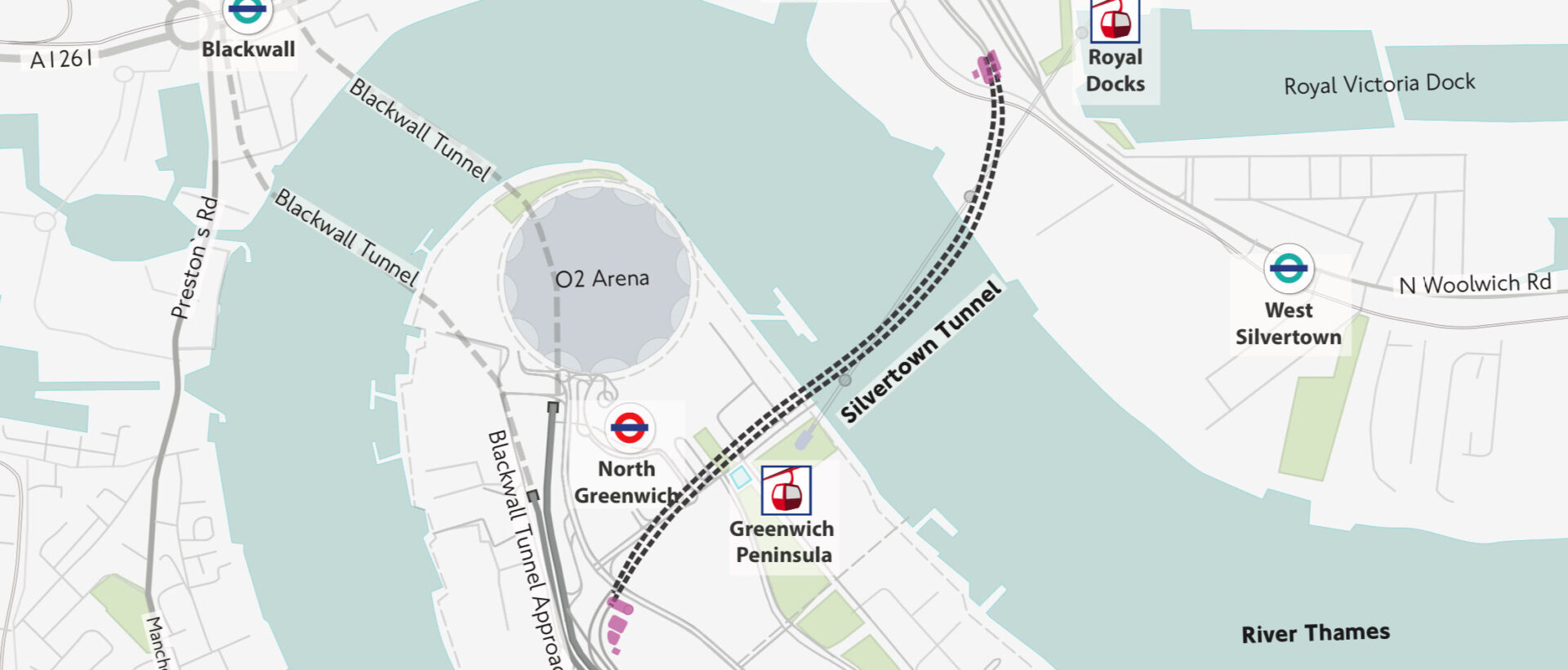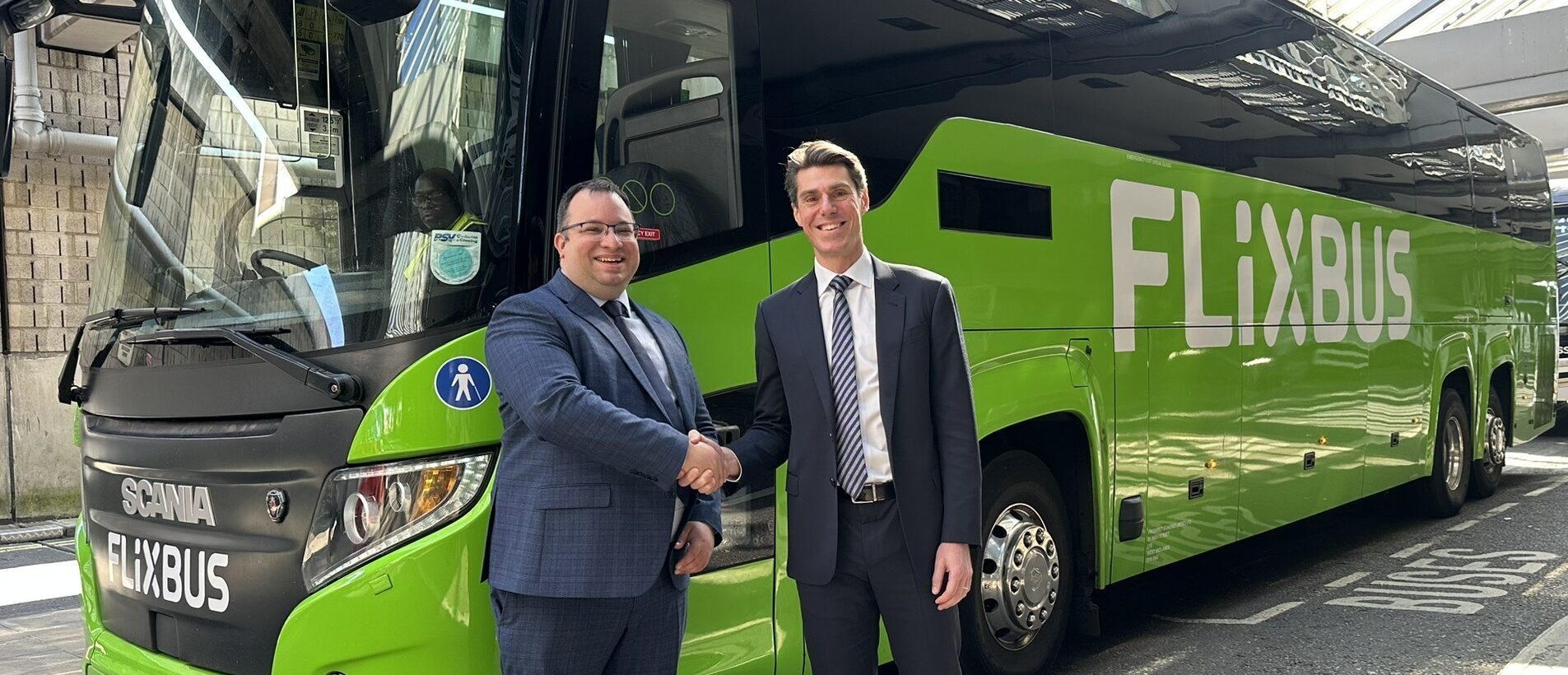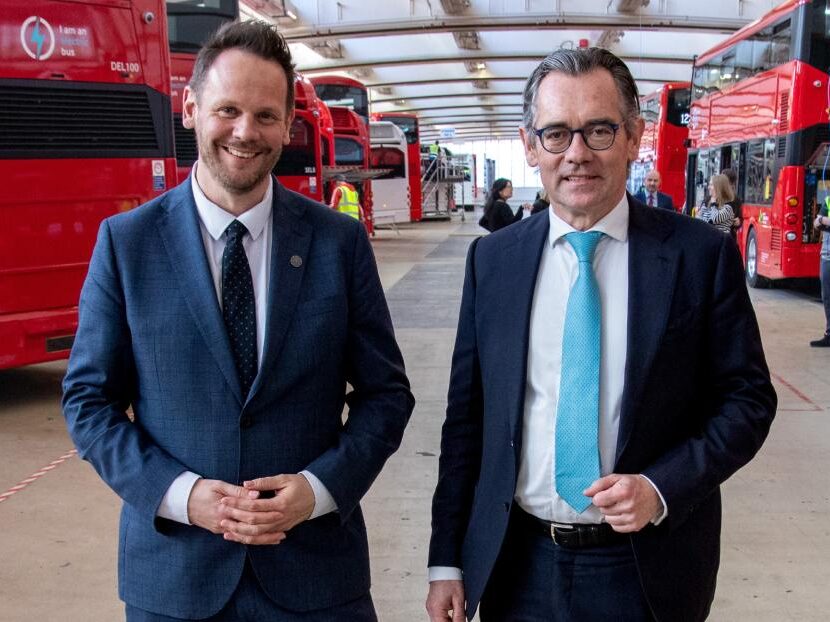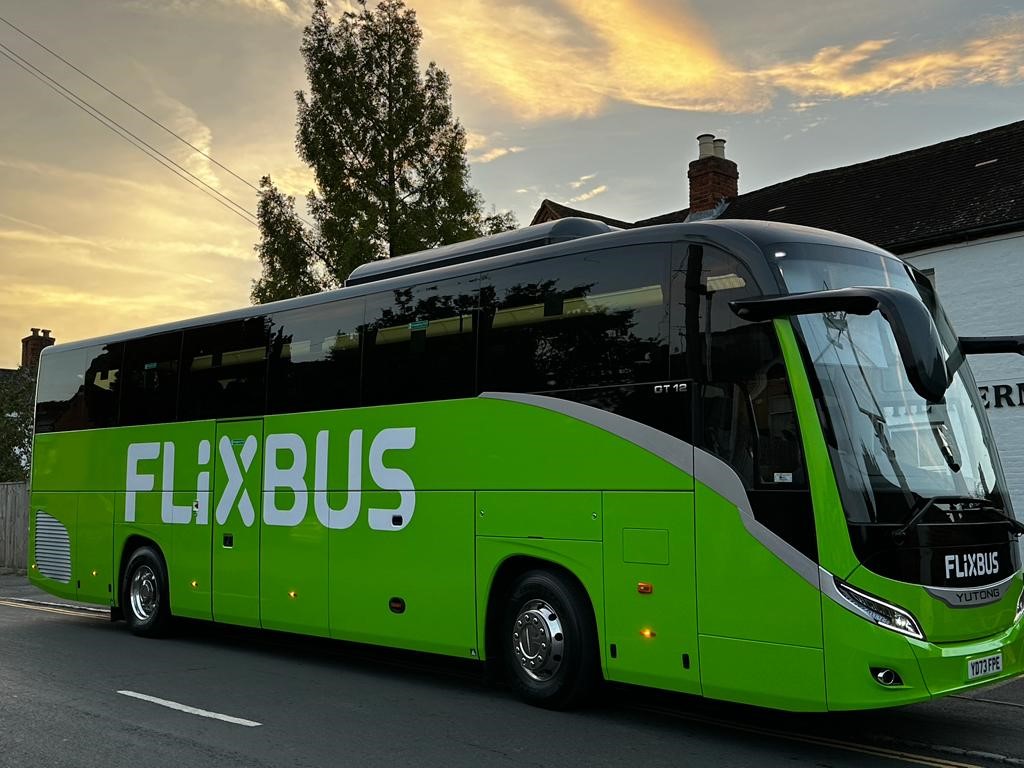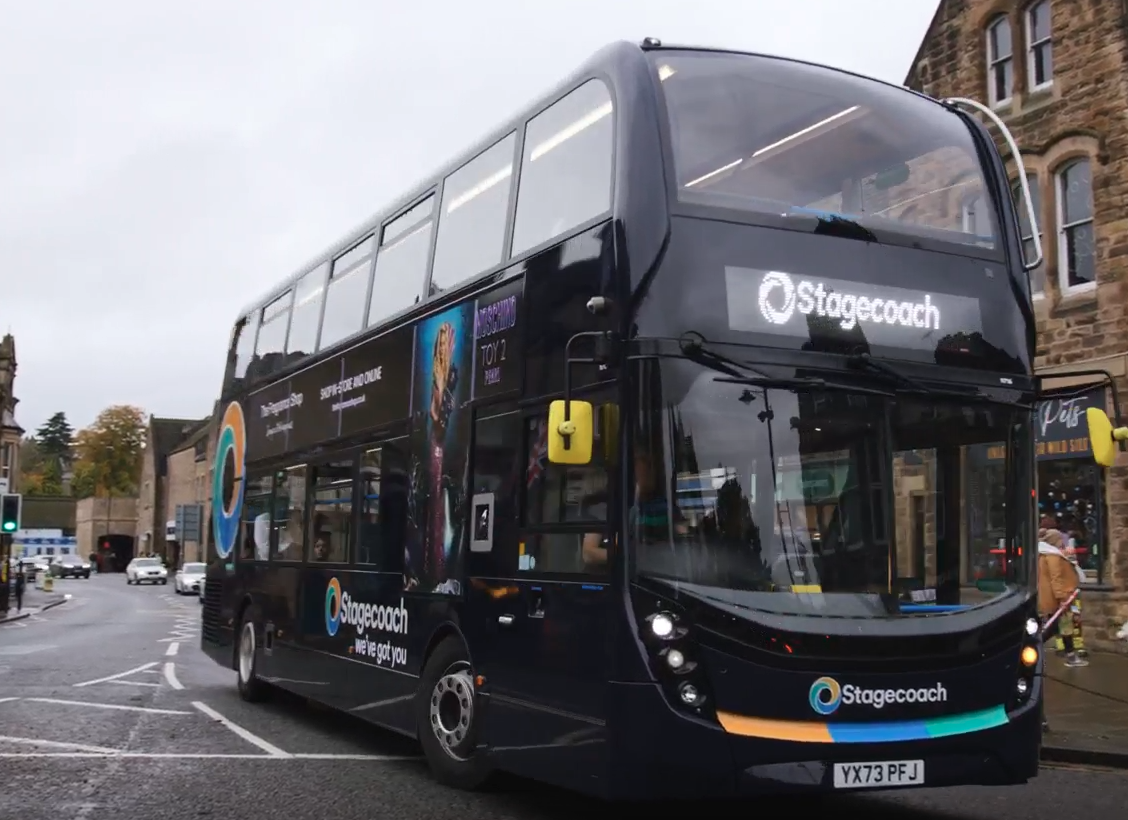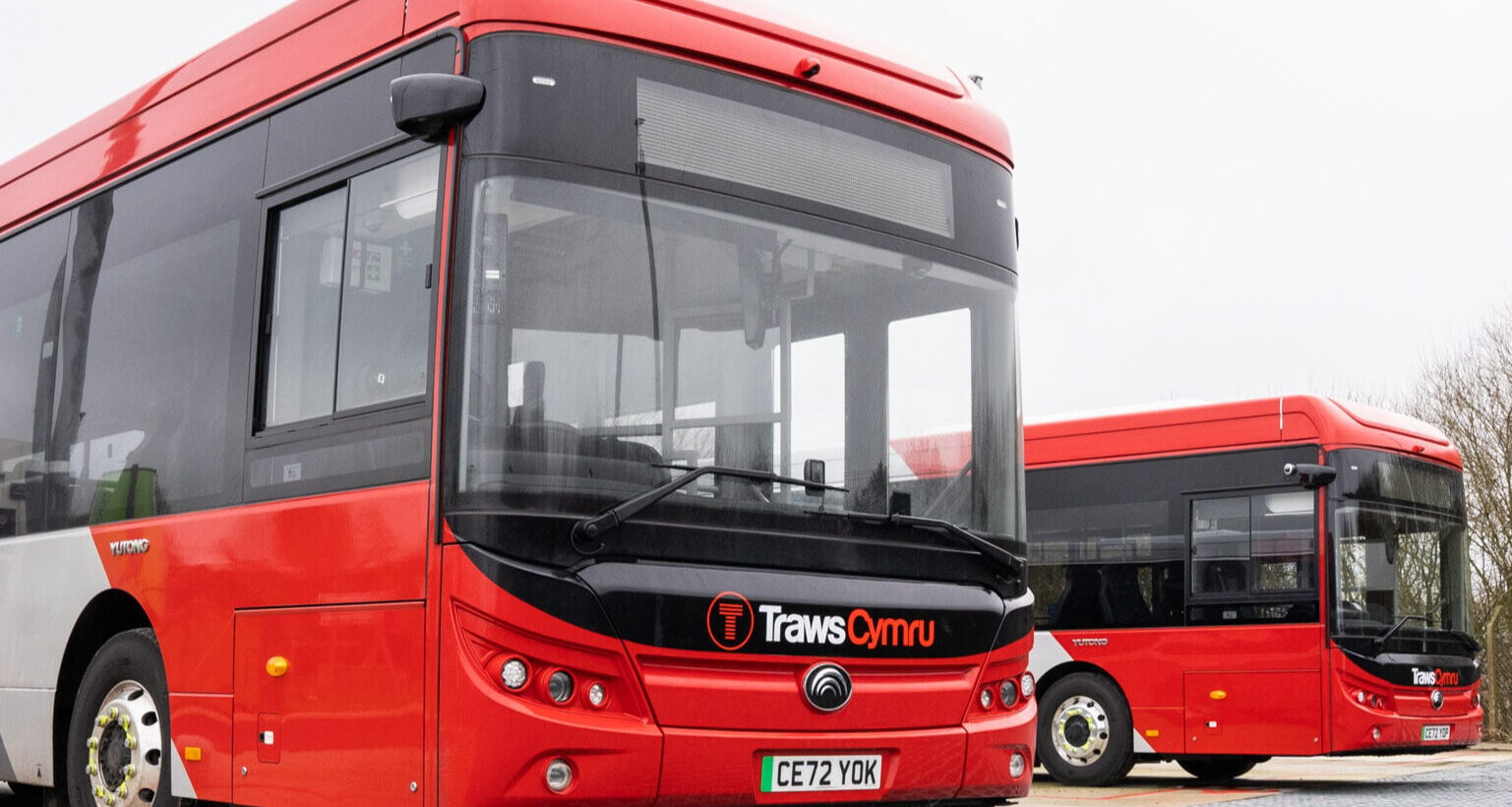The UK government has announced a 37.8 million GBP investment to support the introduction of 319 zero-emission buses across England, with funding allocated to 12 local authorities.
The new vehicles are expected to be in operation by spring 2027.
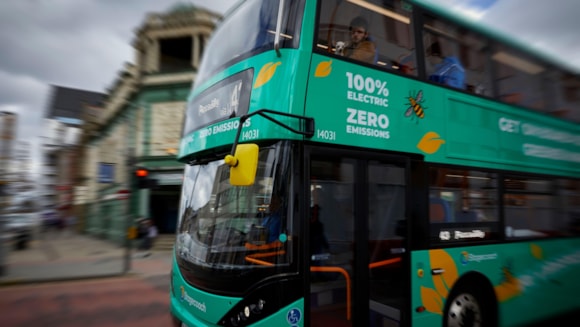
This investment aims to facilitate the transition to greener public transport, and is being matched by at least three times the amount in private funding. Local councils, including Hull City Council, Nottinghamshire County Council, and the West of England Combined Authority will receive a share of the funding, with the latter securing nearly 20 million GBP for 160 buses.
The funding forms part of the second round of the Zero Emission Bus Regional Area (ZEBRA 2) programme and follows recent changes to the Zero Emission Vehicle mandate, which now permits the sale of hybrid vehicles until 2035 to support the UK’s electric vehicle manufacturing sector.
Local Transport Minister Simon Lightwood, said:I’m thrilled to announce this £38 million investment, which will deliver 319 new zero-emission buses to communities across England by 2027. This funding will not only make bus travel cleaner, greener, and more comfortable, but it will deliver on our Plan for Change; creating jobs, supporting local economies, and accelerating our journey towards a zero-emission future.
Authorities receiving funding include:
- Nottinghamshire County Council: 2.68 million GBP for 42 buses
- Hull City Council: 3.91 million GBP for 42 buses
- West of England Combined Authority: 19.89 million GBP for 160 buses
- Brighton & Hove City Council: 2.36 million GBP for 13 buses
- Devon County Council: 772,000 GBP for 10 buses
- Isle of Wight: 1.29 million GBP for 9 buses
- Leicestershire City Council: 126,000 GBP for 1 bus
- Reading Borough Council: 1.35 million GBP for 8 buses
- Staffordshire County Council: 2.21 million GBP for 9 buses
- Surrey County Council: 1.74 million GBP for 12 buses
- Torbay County Council: 361,000 GBP for 6 buses
- Wiltshire County Council: 1.18 million GBP for 7 buses
In addition to the vehicle rollout, the funding is intended to support the development of associated infrastructure, including charging facilities.
In some locations, such as Bristol, the funding will be used to expand zero-emission services across 22 routes, improving access to hospitals, universities, and other essential destinations.
According to the Department for Transport, 60% of buses funded under previous ZEBRA rounds were sourced from UK manufacturers. The Government hopes this trend will continue, supporting domestic production and skilled employment.
The investment comes ahead of the Bus Services Bill, which is currently progressing through Parliament. The Bill proposes changes to how local authorities can manage services and includes measures to phase out the introduction of new diesel and petrol buses.











